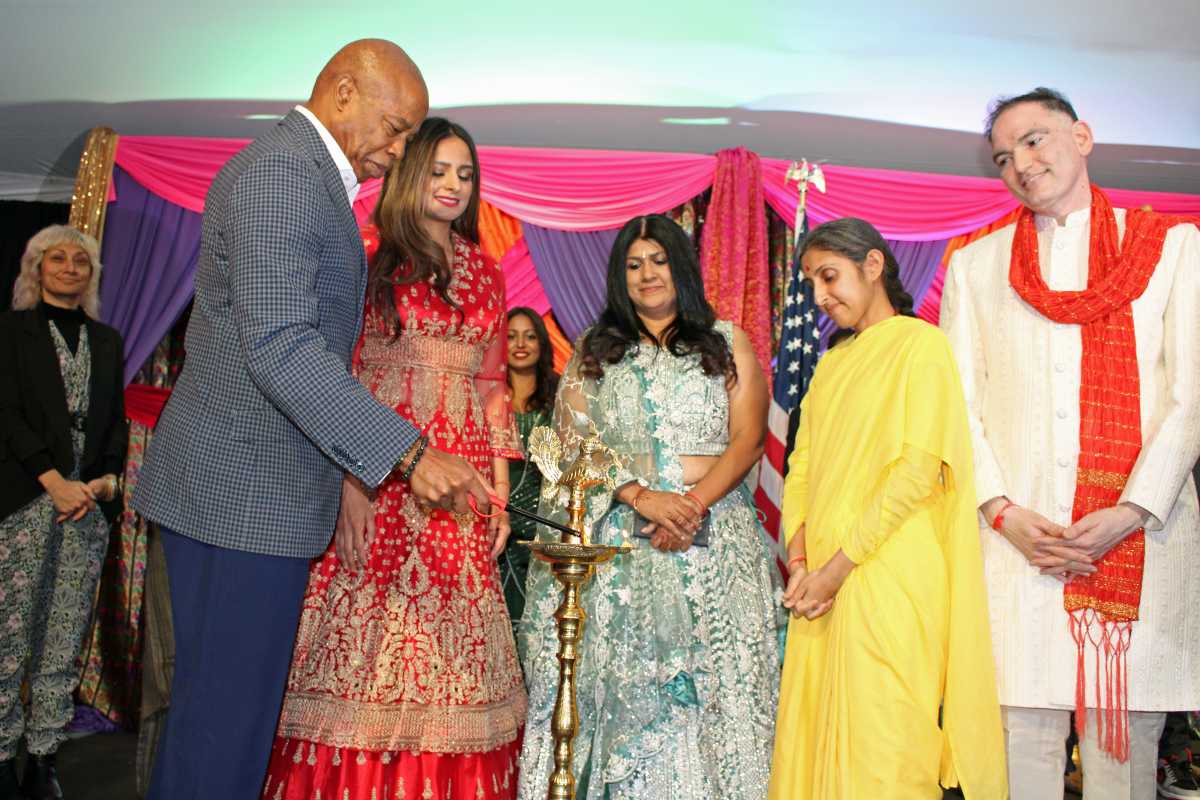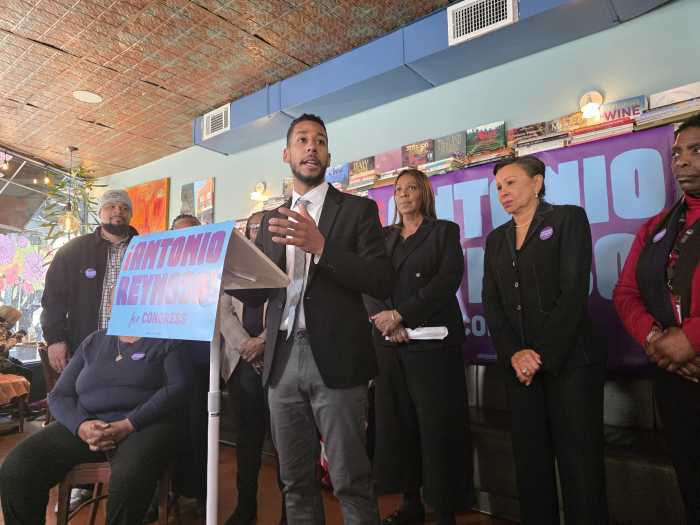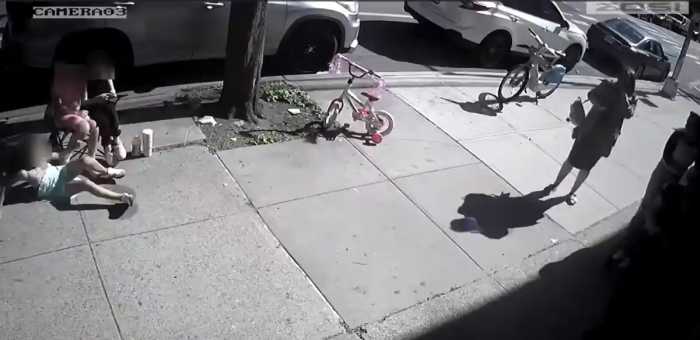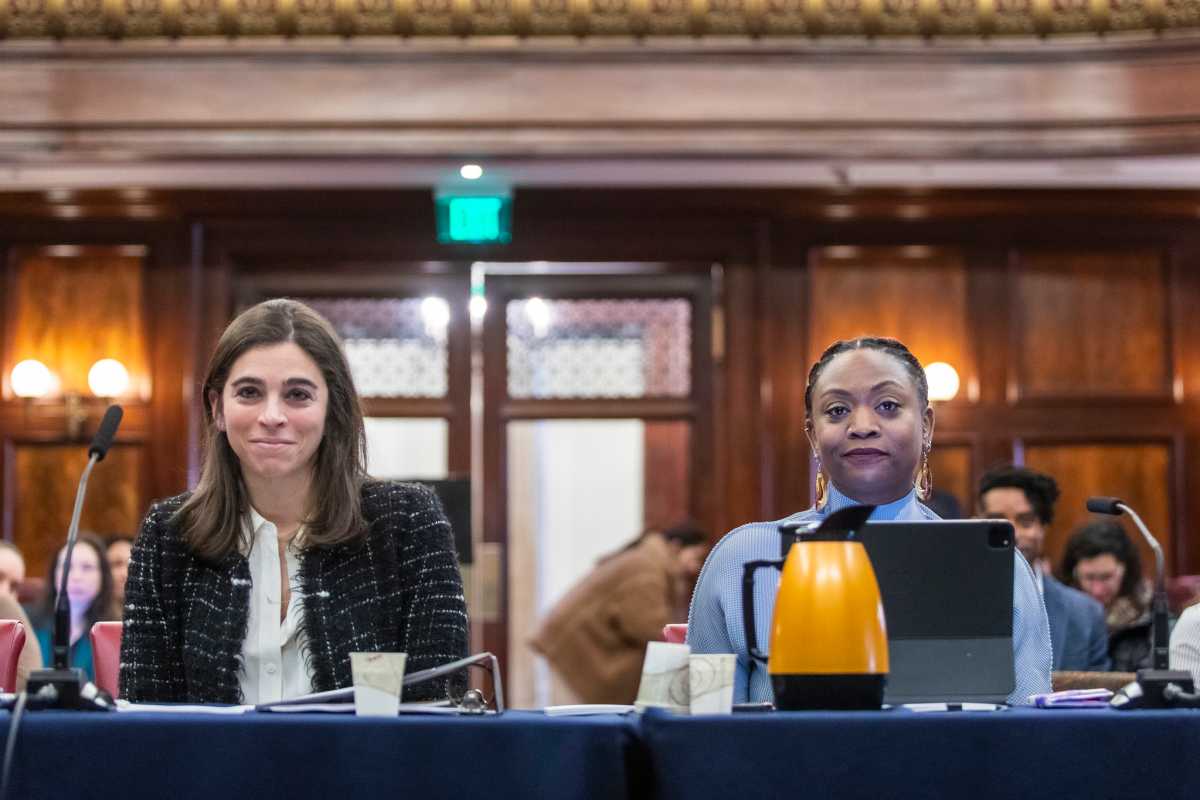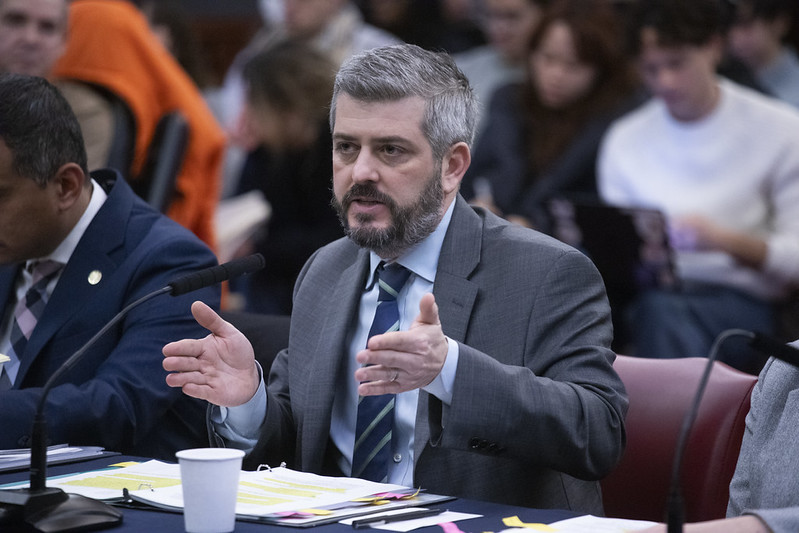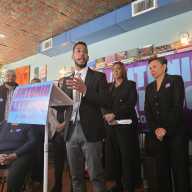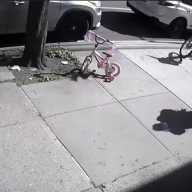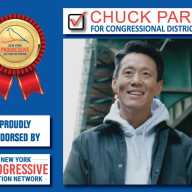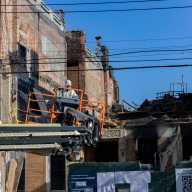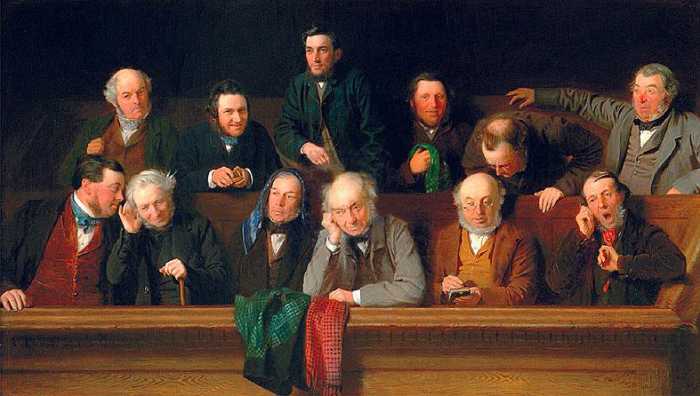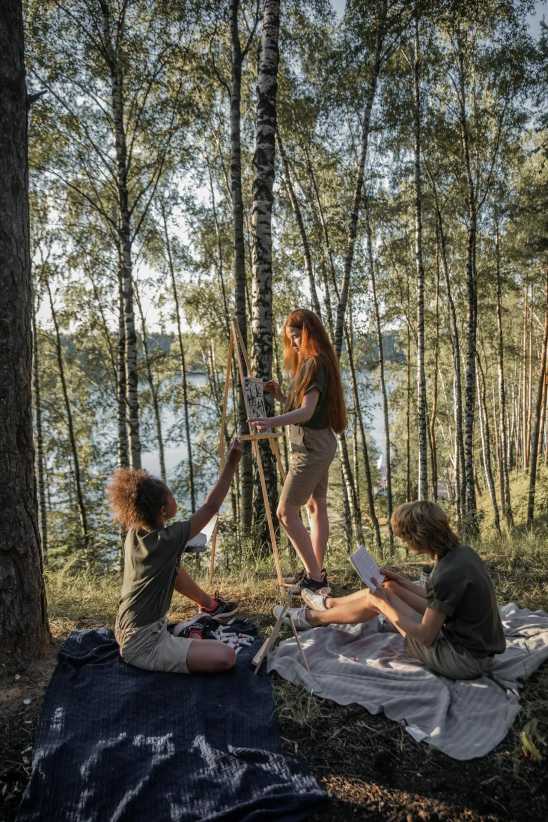Friday, Nov. 1, marked the first time in New York City history that all public schools will close in observance of Diwali, the Festival of Lights, marking a historic milestone for South Asian and Indo-Caribbean communities.
This new holiday was made possible by Assembly Member Jenifer Rajkumar, who led the effort to pass the Diwali School Holiday legislation, a landmark move celebrating the cultural contributions of New York’s diverse population.
Diwali, known for its themes of light triumphing over darkness, good over evil, and knowledge over ignorance, is marked by the lighting of oil lamps, prayers, feasts, and celebrations. Multiple religious communities celebrate it, each observing its values of resilience, unity, and spiritual enlightenment. The annual festival marks the Hindu New Year, and the date varies yearly based on the lunar calendar, which typically falls in October or November.
“I am proud to have led and won this historic fight,” said Rajkumar in a statement. “With the passing of my Diwali School Holiday legislation, we came together as a state to speak with one voice and enshrine Diwali into law as a School Holiday.” Rajkumar described the achievement as “momentous” and as one that would “outlast even me,” noting that generations of New Yorkers will now have the opportunity to observe the holiday.
The new school holiday comes after more than two decades of advocacy by South Asian and Indo-Caribbean community leaders who sought recognition for Diwali, celebrated by thousands of Hindu, Sikh, Buddhist, and Jain residents across New York City. Community advocates argued that the holiday’s observance would celebrate the South Asian community’s cultural heritage while promoting inclusivity in the city’s multicultural landscape.
“Today, we recognize over 600,000 Hindu, Sikh, Buddhist, and Jain Americans and the integral part they play in New York City,” Rajkumar continued. “We proudly say that Diwali is not just a holiday—it is an American holiday, and the South Asian community is part of the American story.”
Ahead of the holiday, on Oct. 24, Mayor Eric Adams hosted Diwali celebrations at Gracie Mansion, where he praised Rajkumar for her role in securing the holiday. “When she had the vision of making sure that Diwali was a recognized holiday, they told her it was not possible. We lobbied, we fought, and as she stated, there’s nothing more determined than an Indian woman, and she showed that. And today, we celebrate Diwali as a citywide holiday.”
Adams highlighted how the South Asian community’s contributions continue to strengthen the city. “This is one of the most well-educated communities and business leaders. What you did during COVID with your doctors and medical professionals, like other immigrant groups, you kept this city going.”
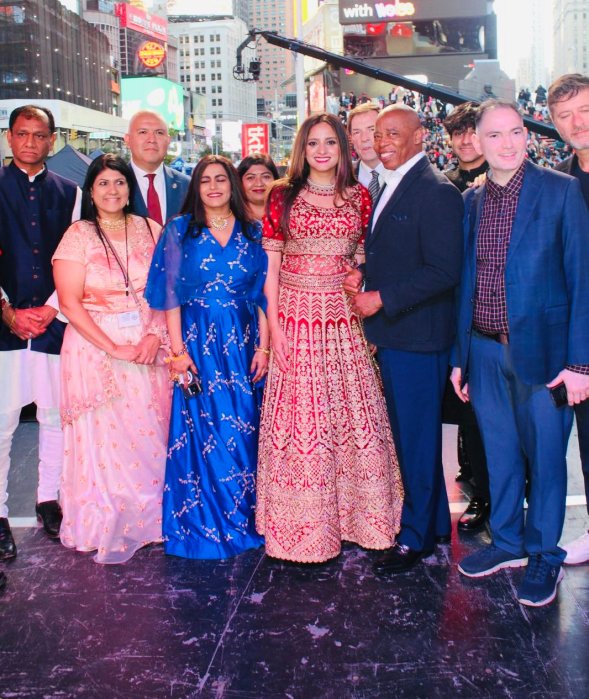
On Thursday, Oct. 31, thousands of New Yorkers gathered in Times Square to celebrate the festival of lights. The mayor, Rajkumar, and several other elected officials lit the diya lamps in honor of the holiday.
The observance of Diwali as a school holiday marks a new chapter for New York City, a step towards recognizing the invaluable role South Asian communities play in its social fabric. “We have lit an everlasting lamp in the hearts and minds of all New Yorkers,” Rajkumar said, reflecting on the impact this holiday will have for generations to come.

